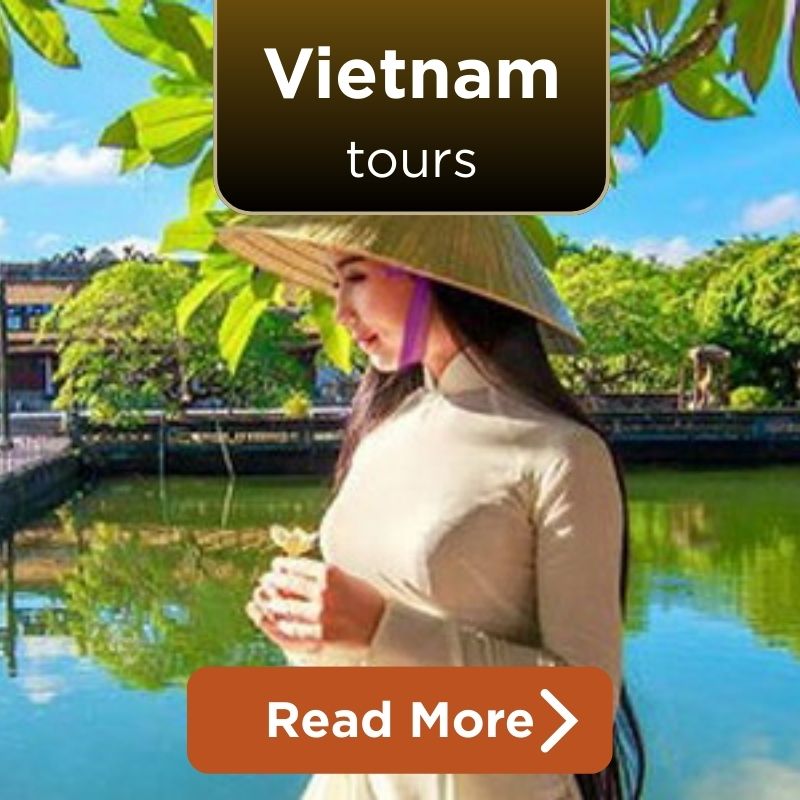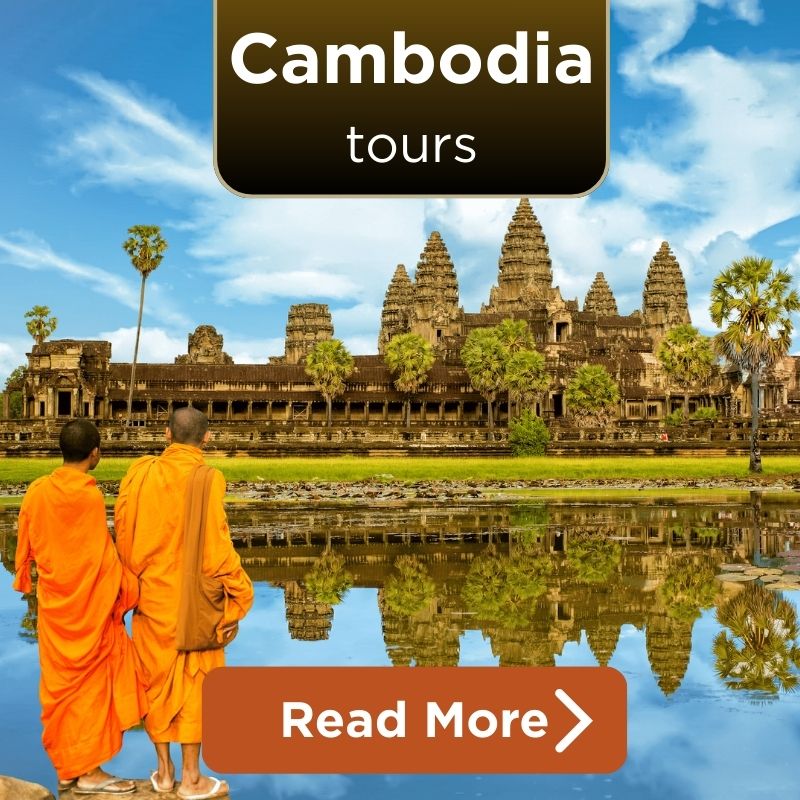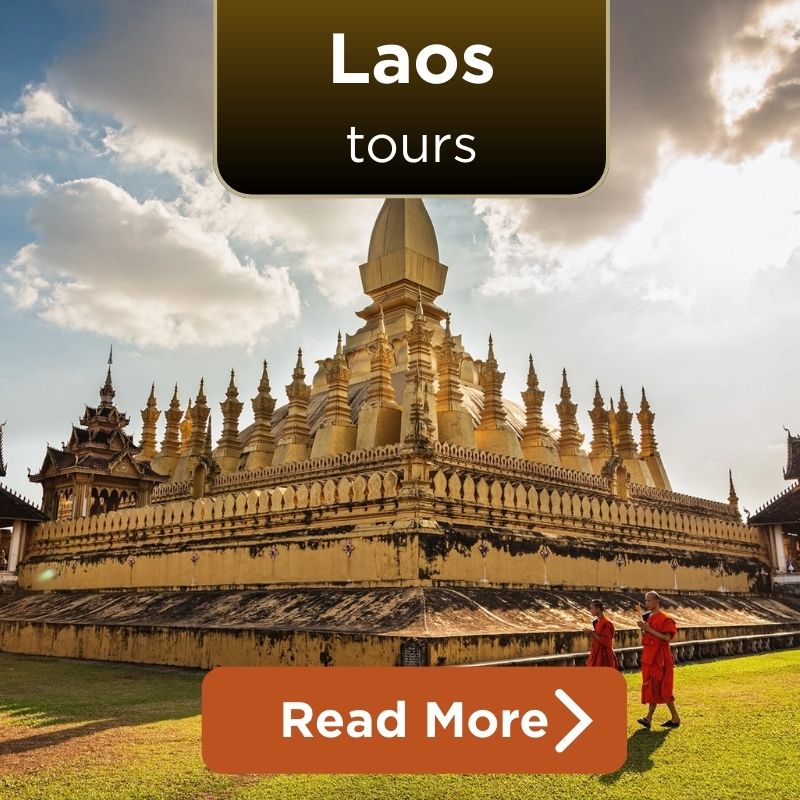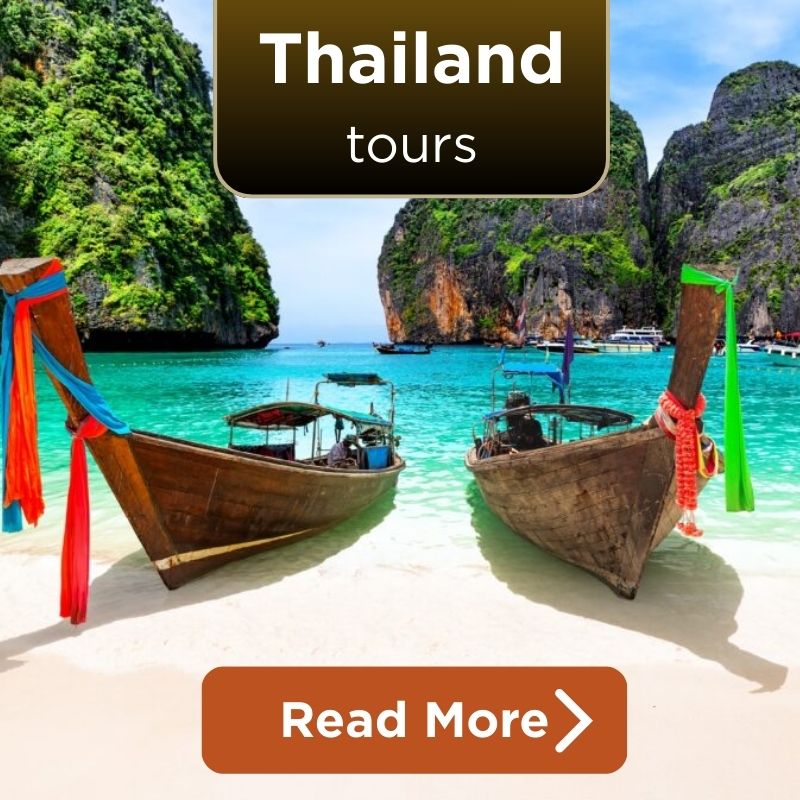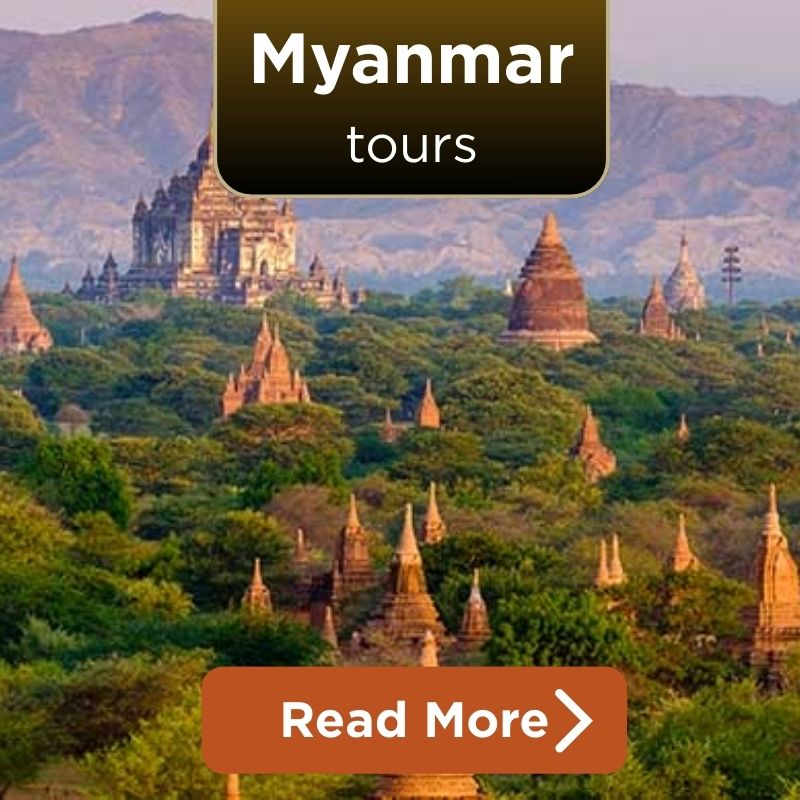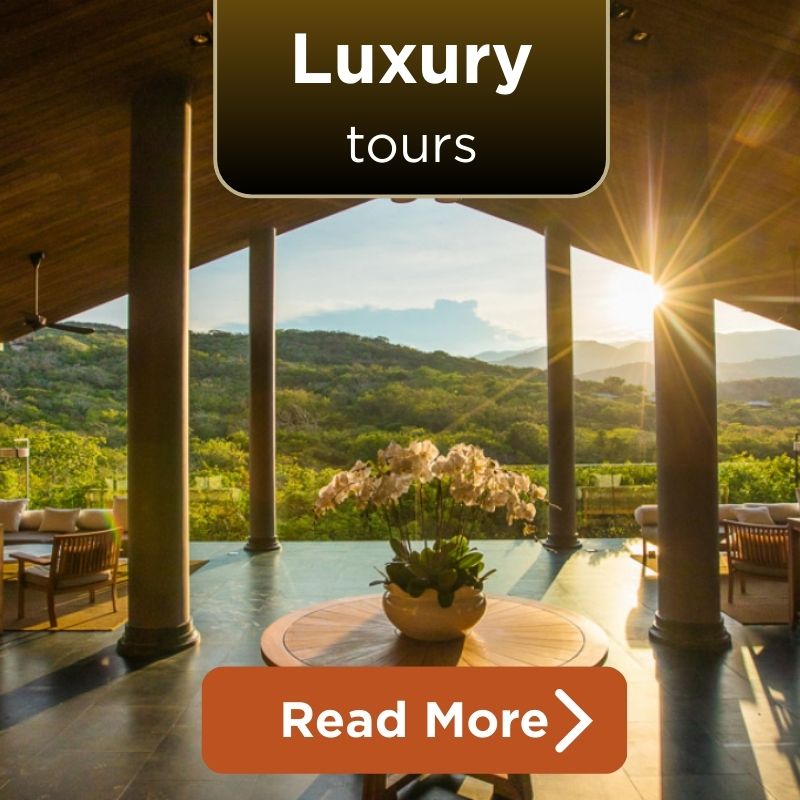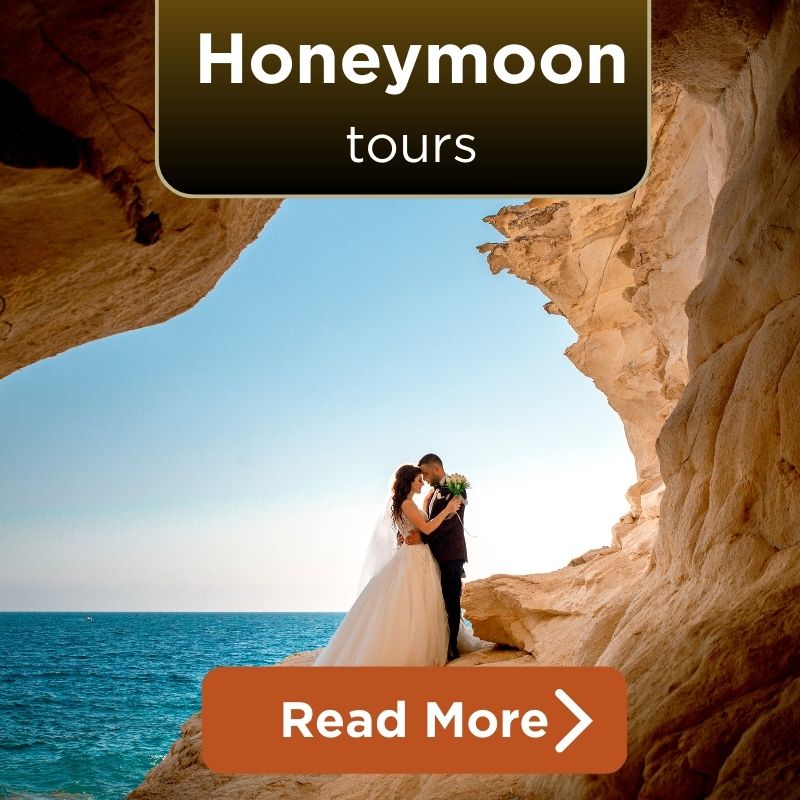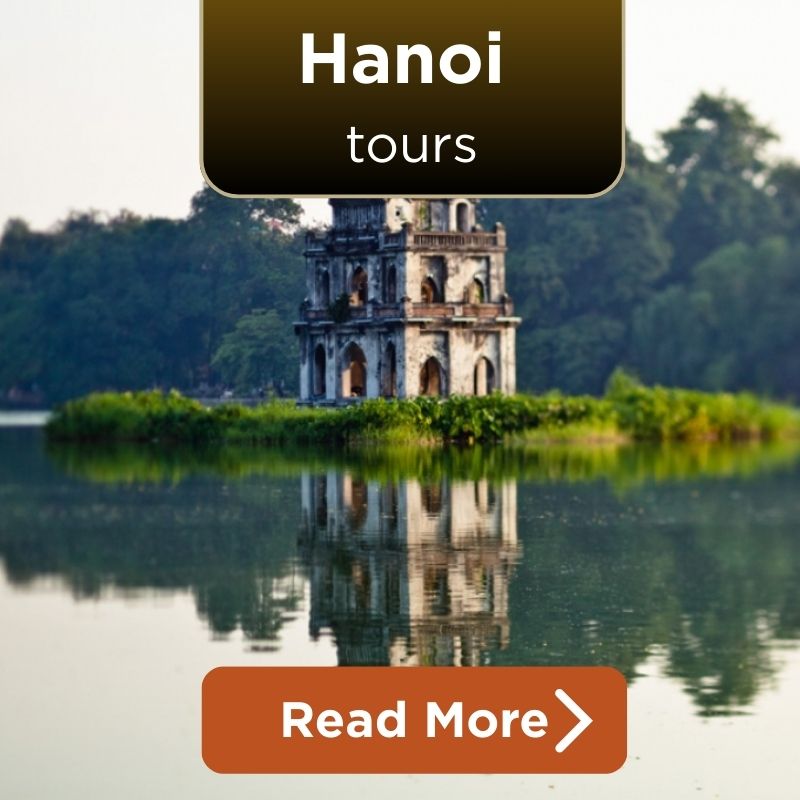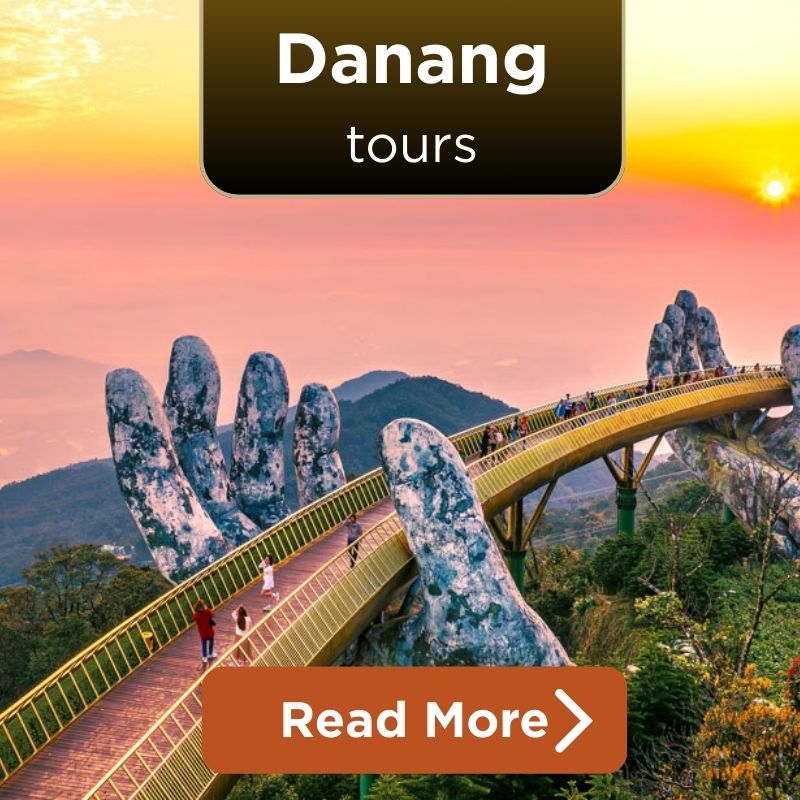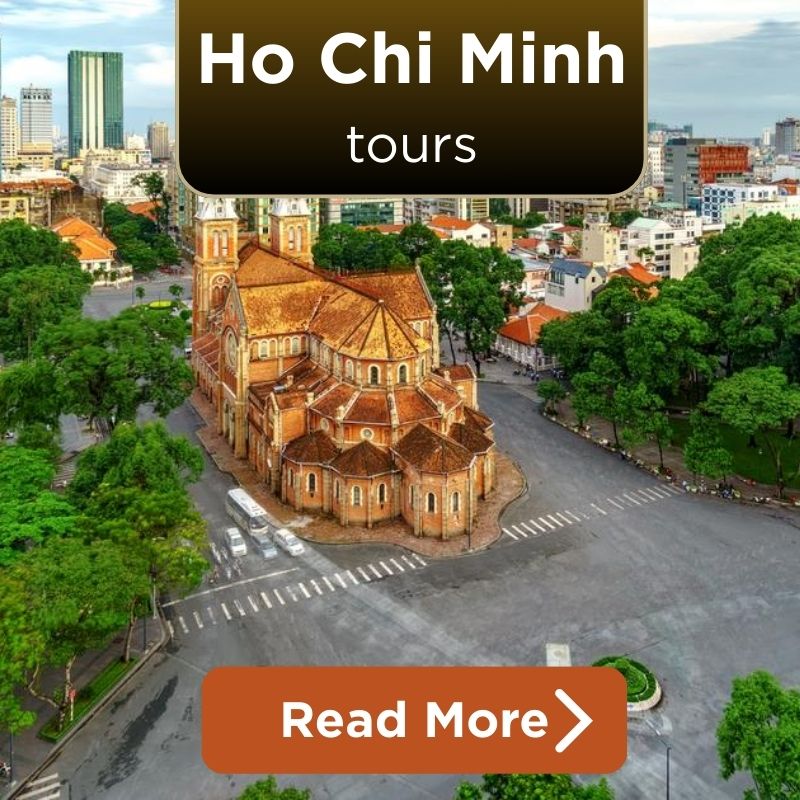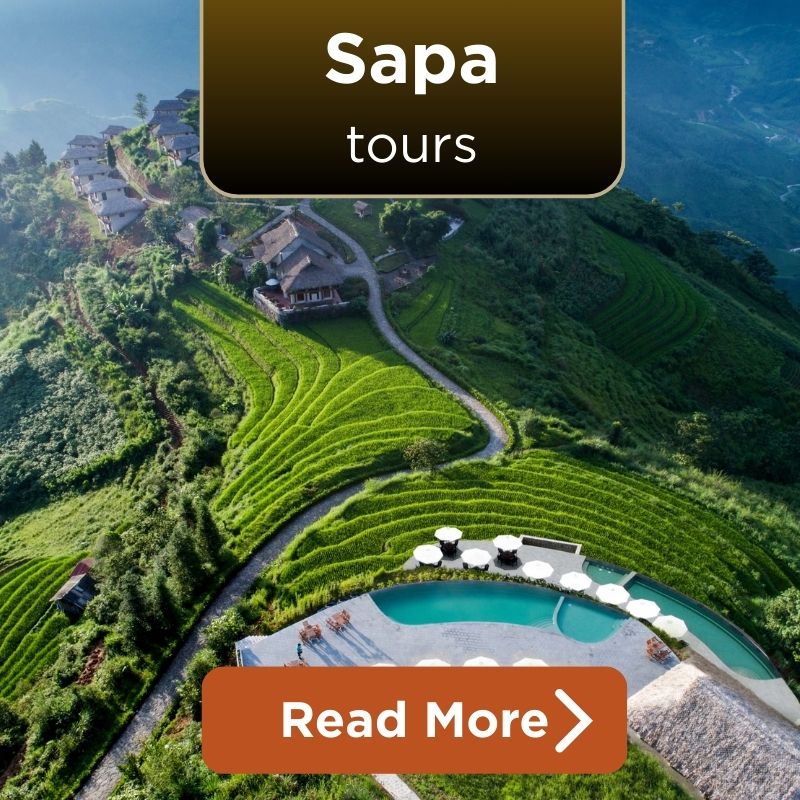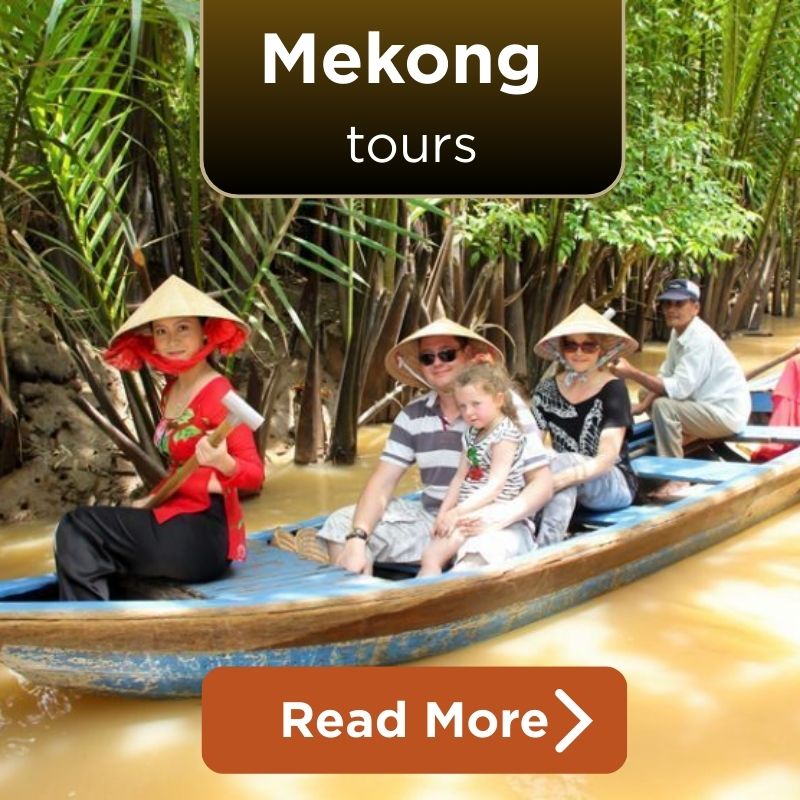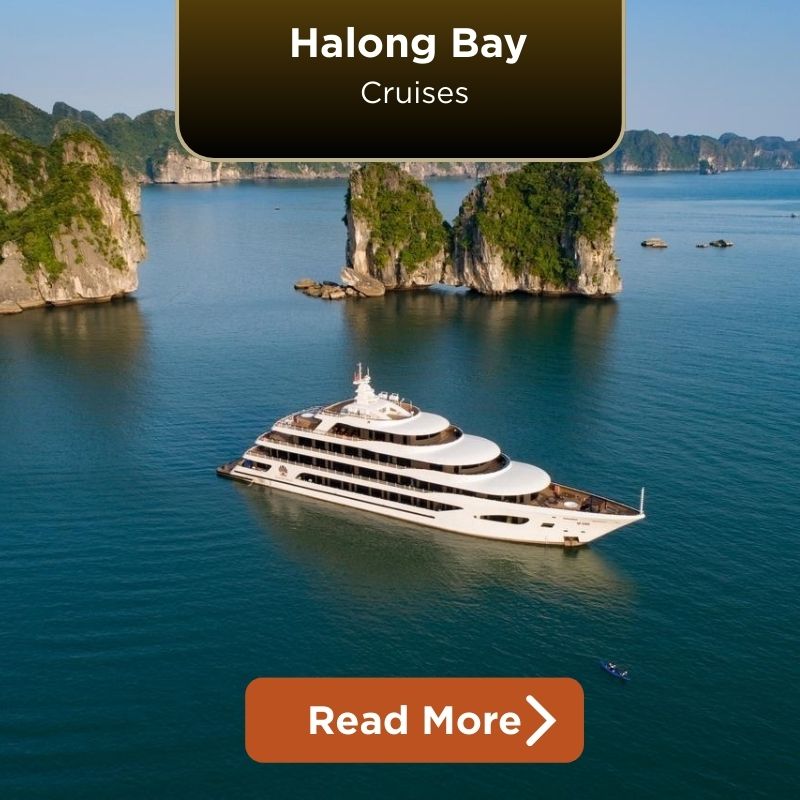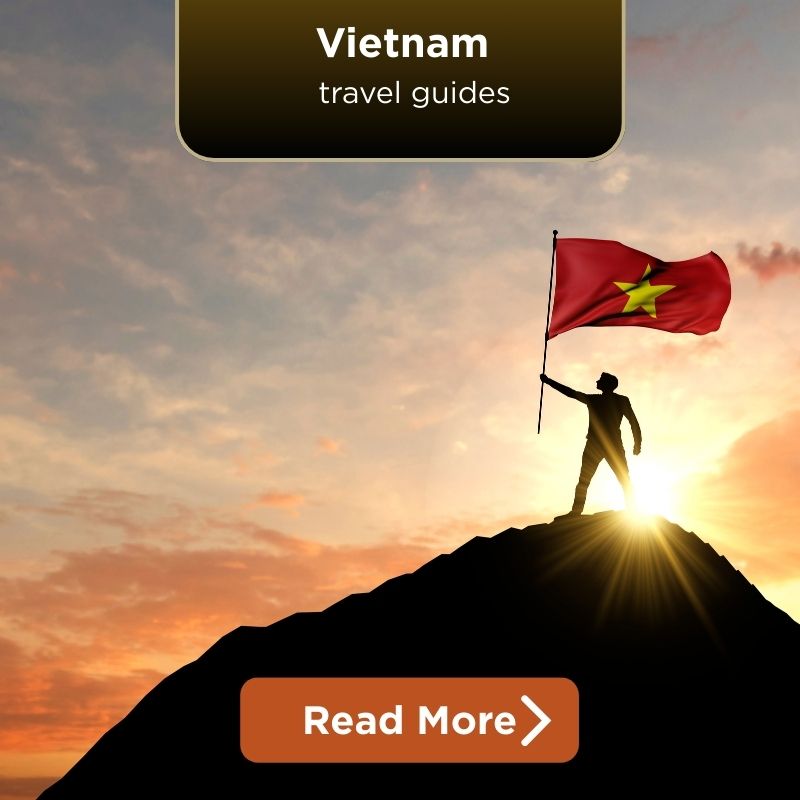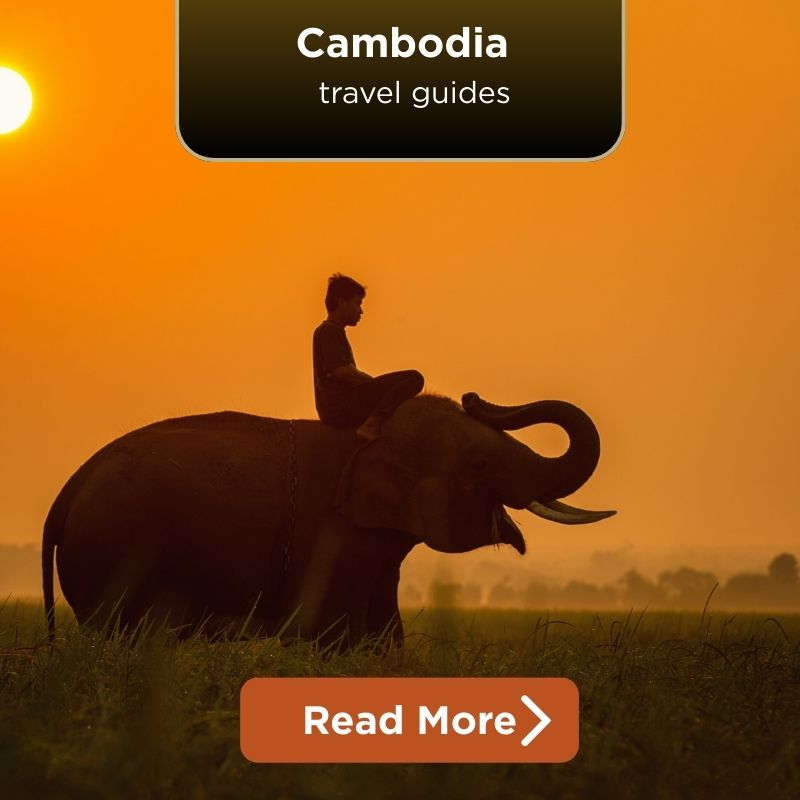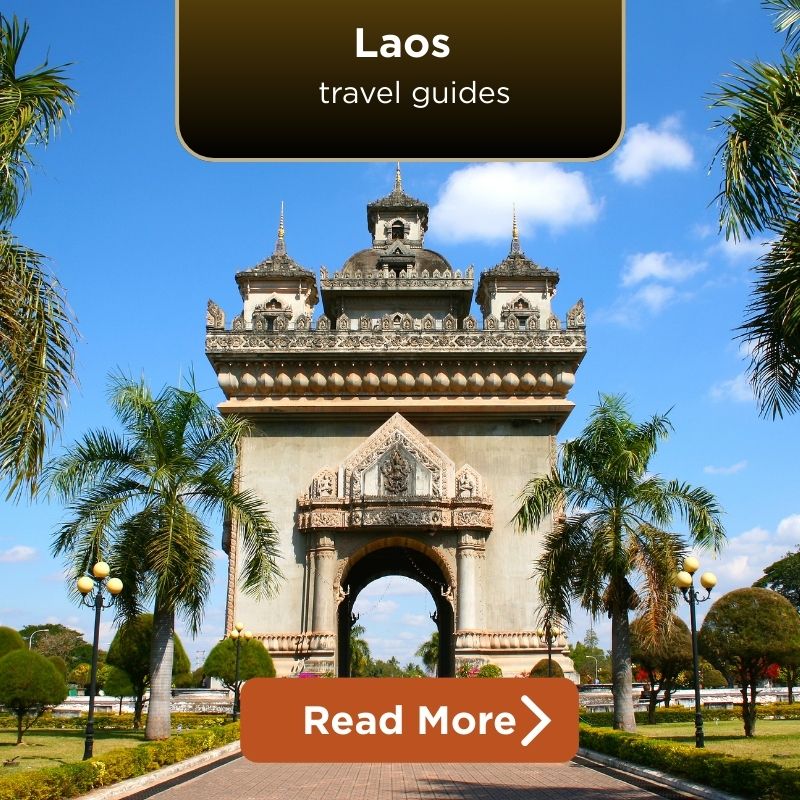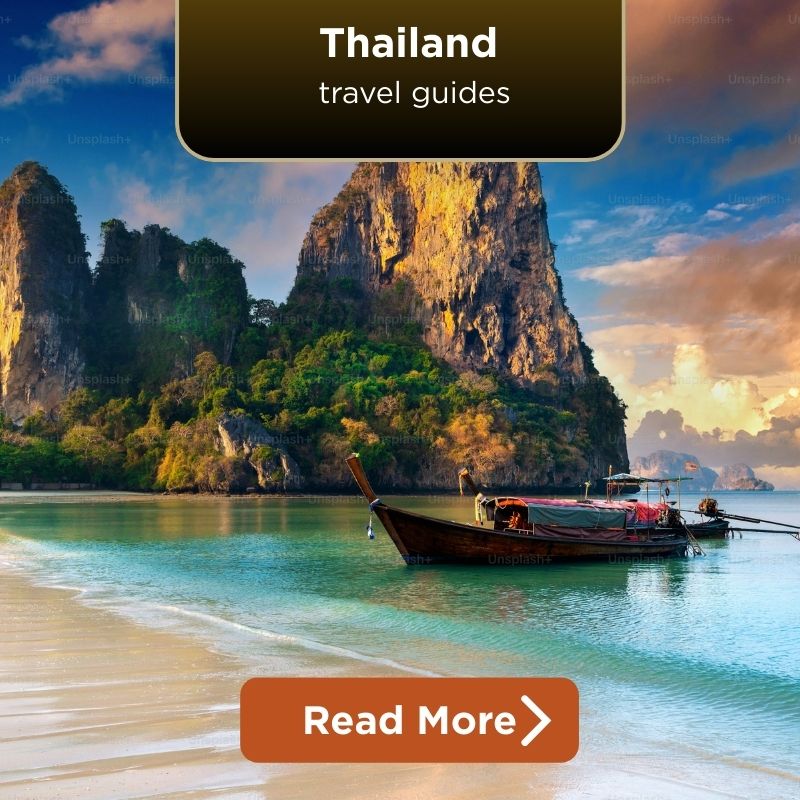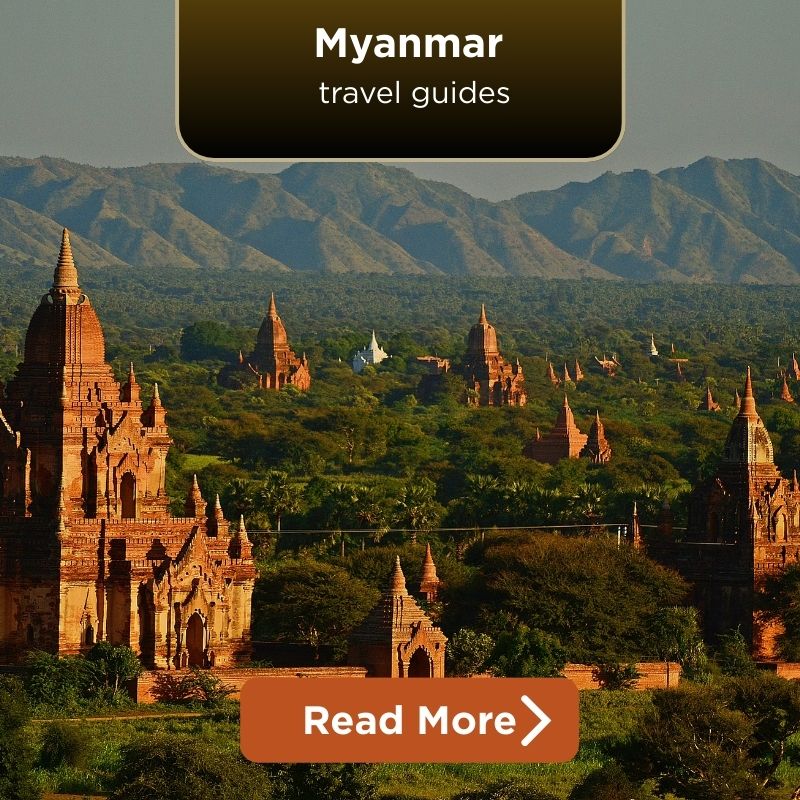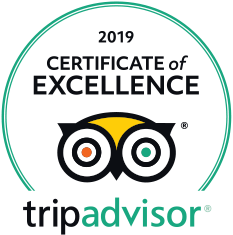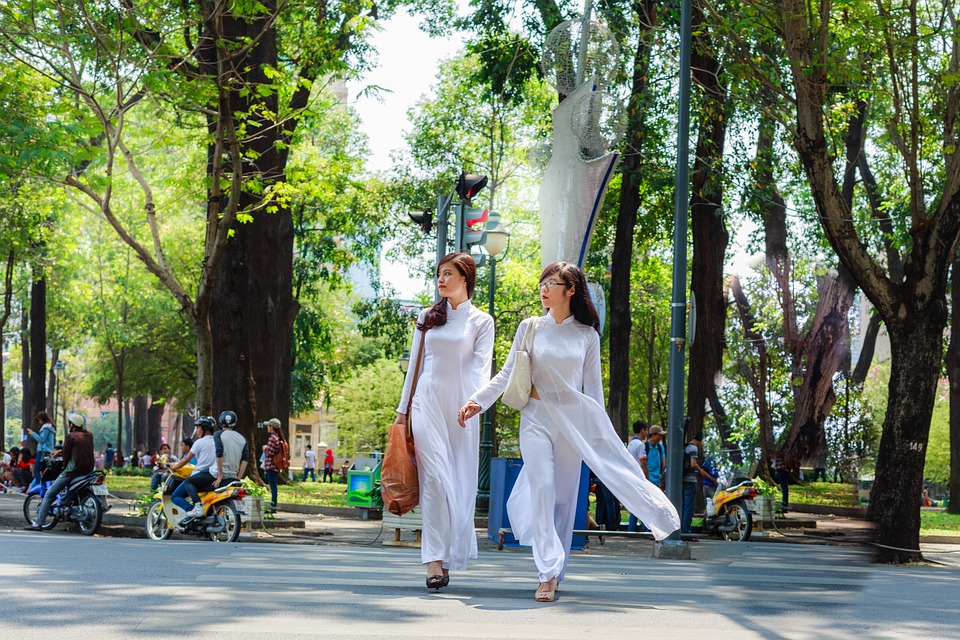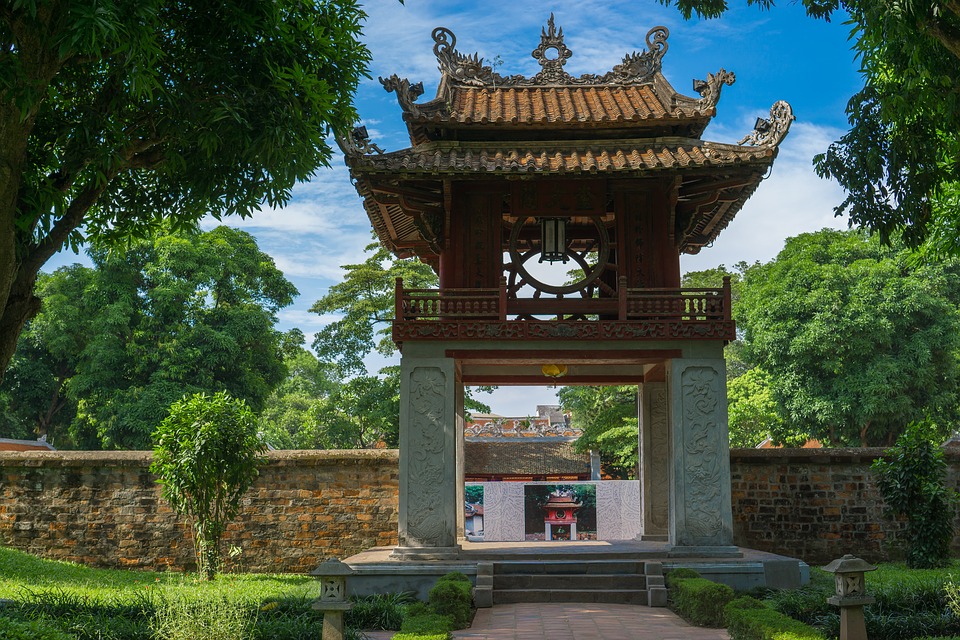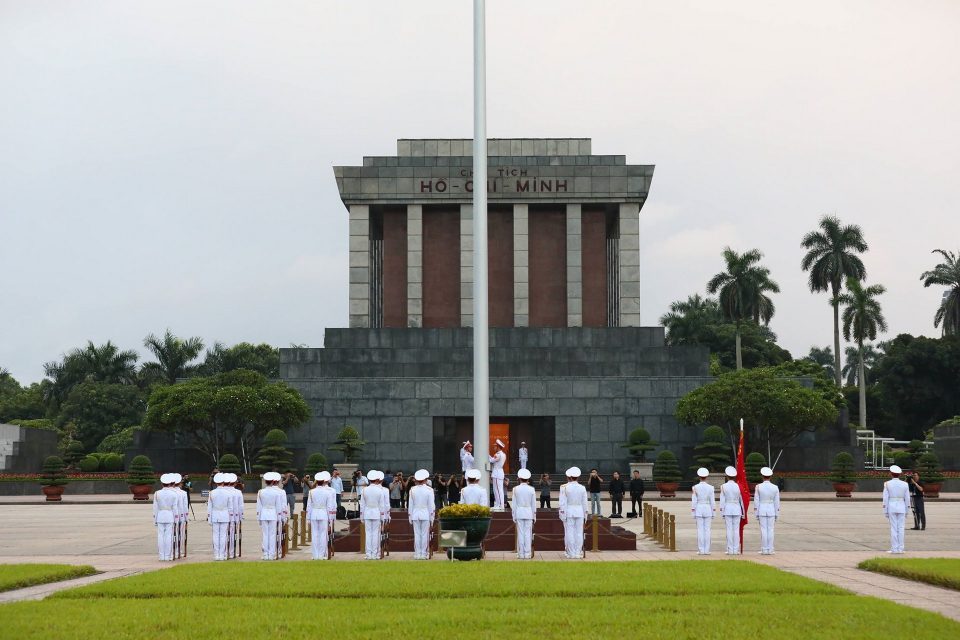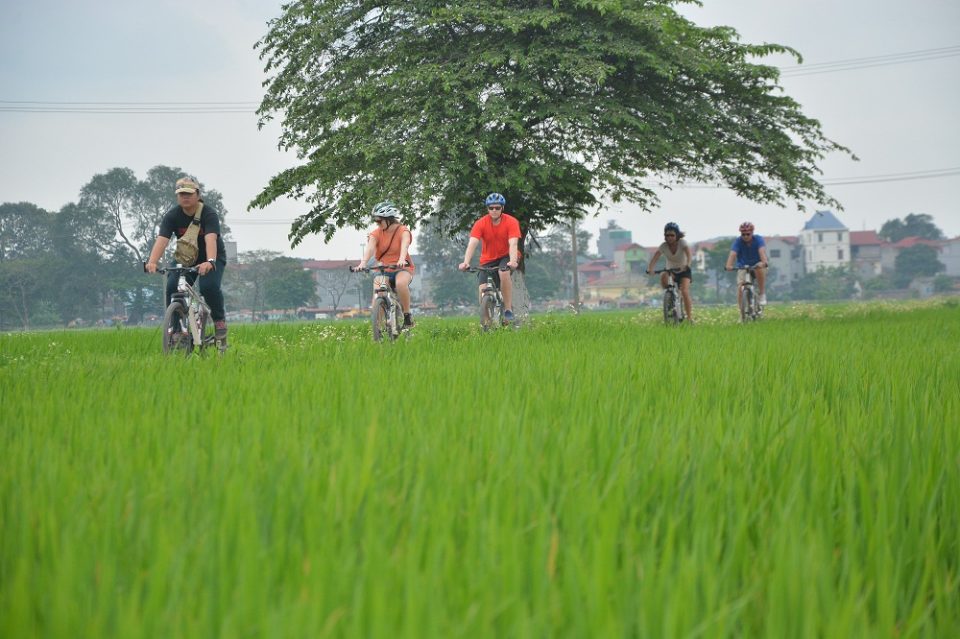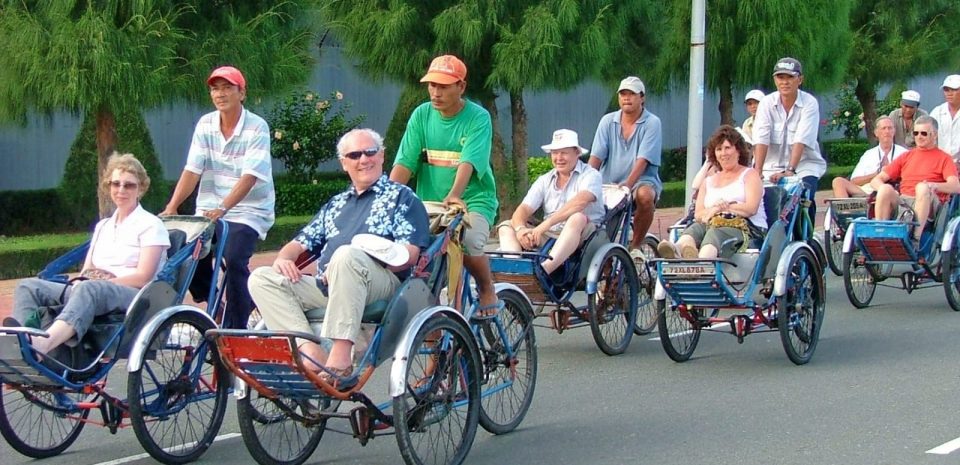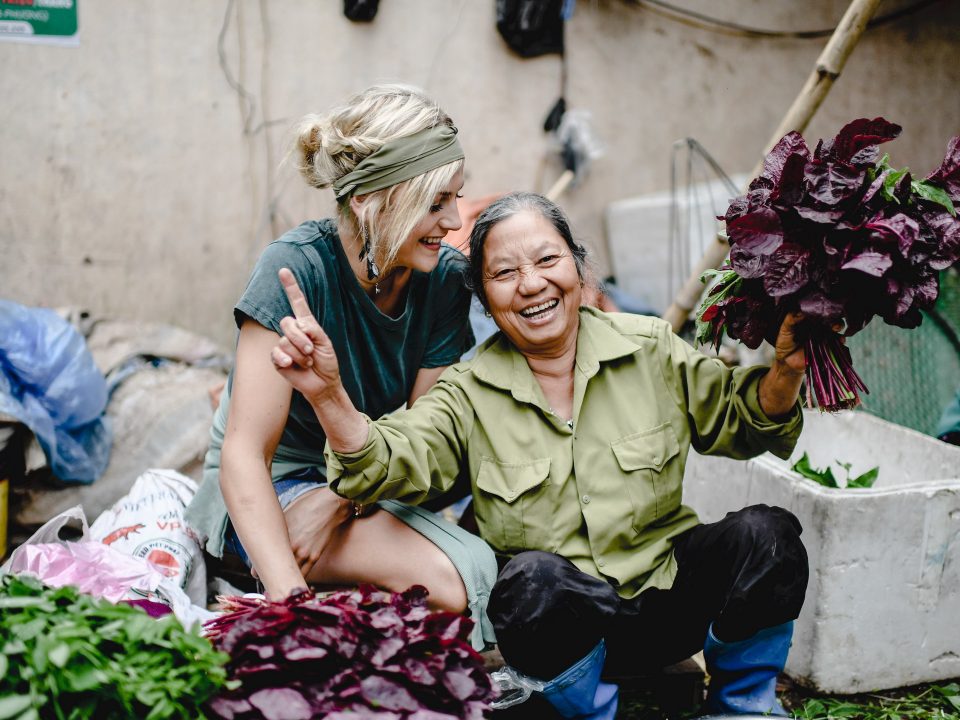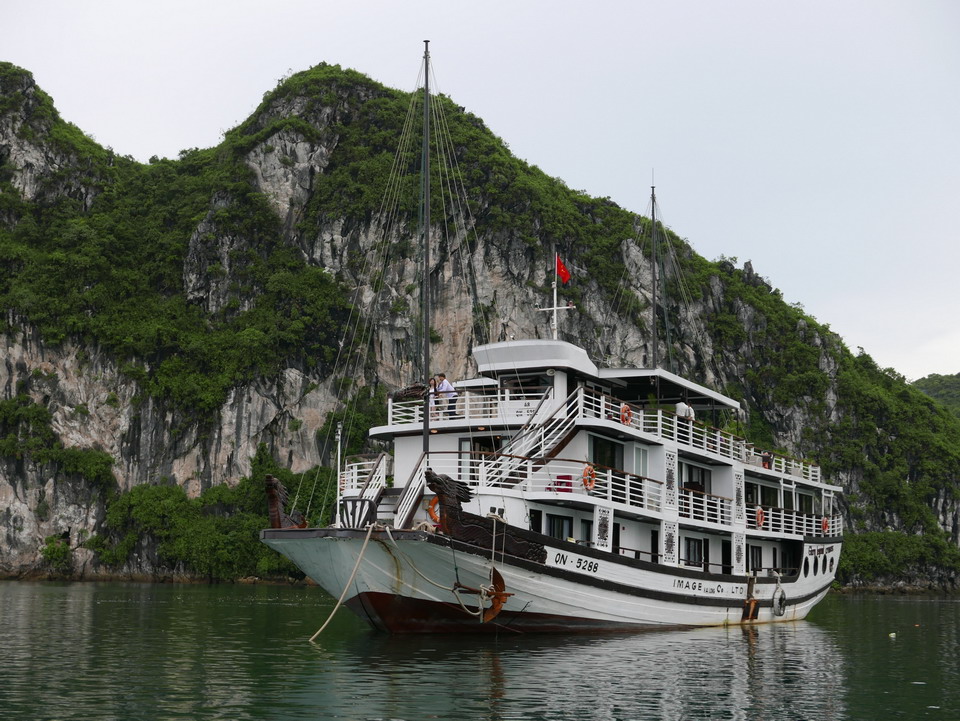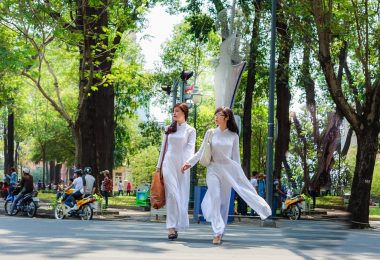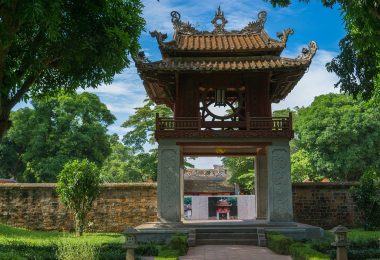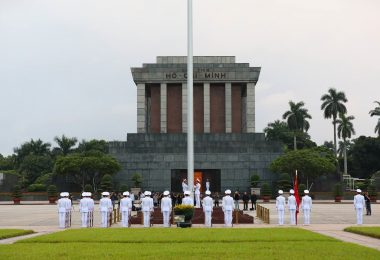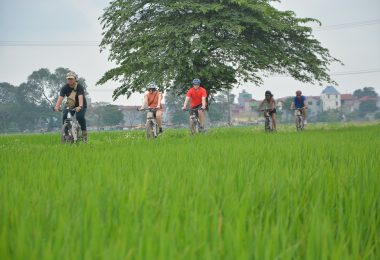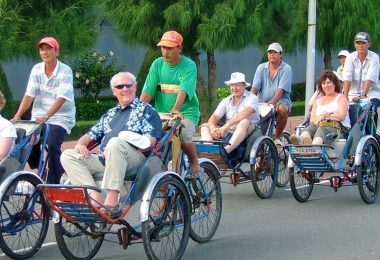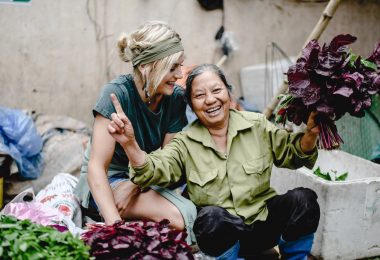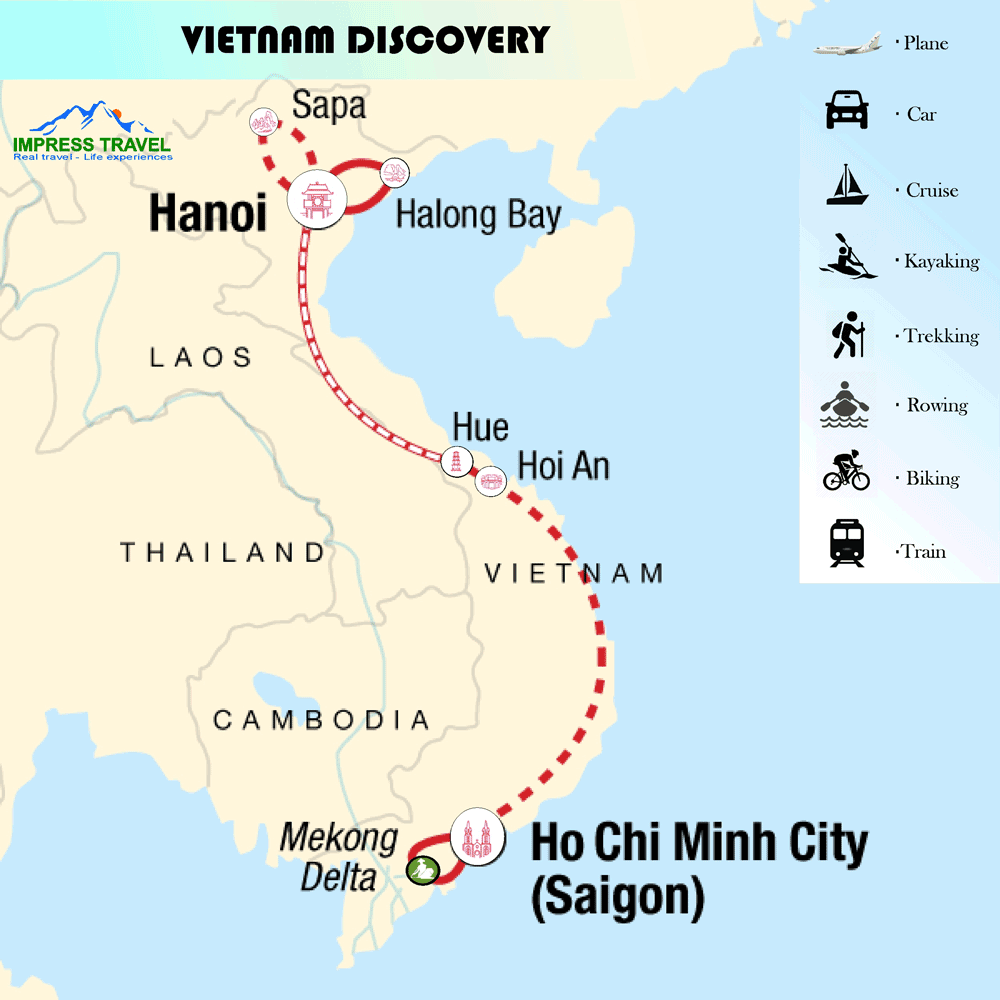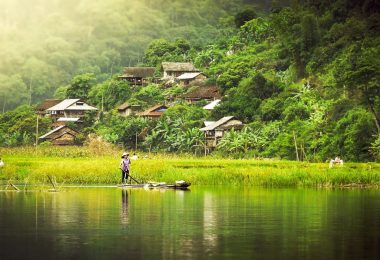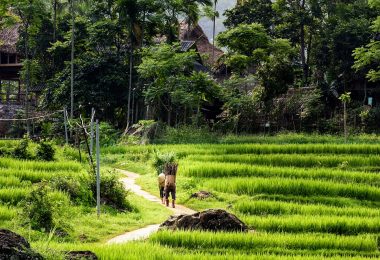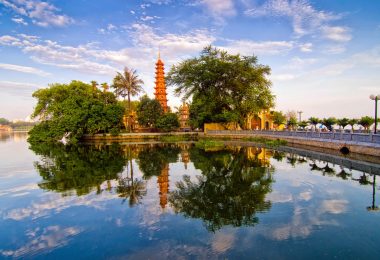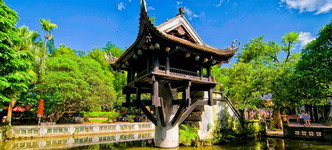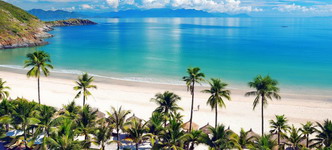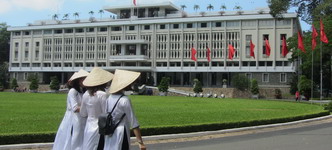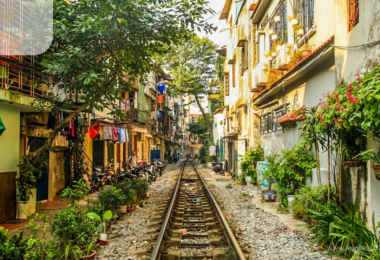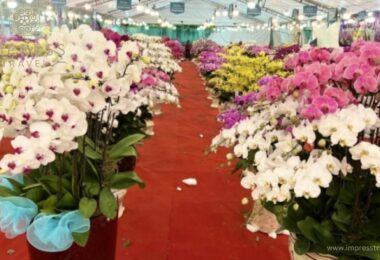Hanoi, the capital of Vietnam, is a vibrant and culturally rich place, attracting tourists from all over the world. In general, Hanoi is quite safe for tourists and many visitors have enjoyable and trouble-free experiences. When visiting Hanoi, being aware of potential crimes is crucial for ensuring a safe and enjoyable trip. While Hanoi is generally safe, like any major tourist destination, it has its share of petty crimes. Here’s an in-depth guide on common crimes tourists might encounter, how to avoid them, and important notes to keep in mind.
Popular Crimes in Hanoi
Pickpocketing and Bag Snatching
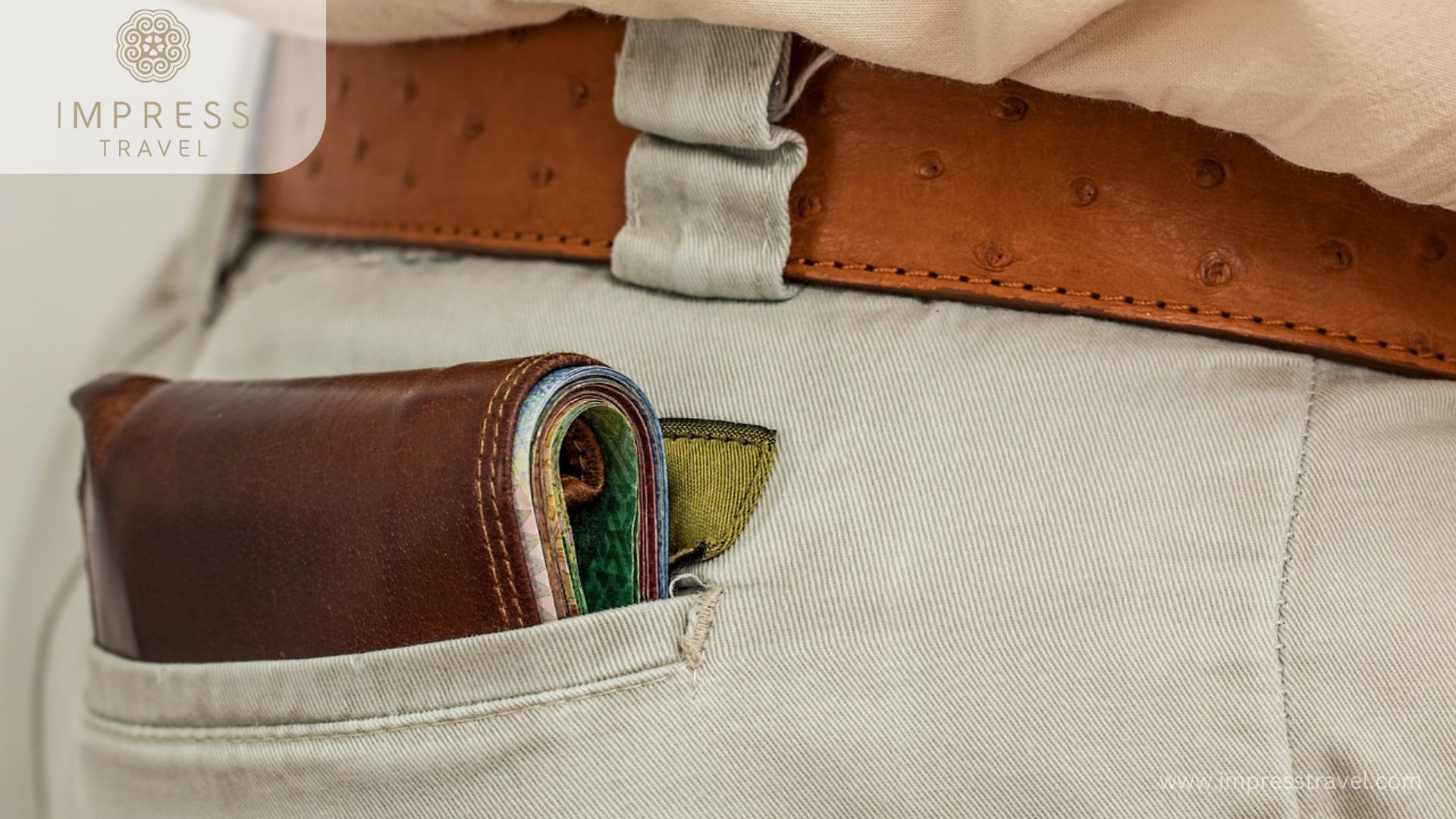
Pickpocketing
Description: This crime refers to thieves taking advantage of crowded areas to steal wallets, phones, and other valuables. Pickpockets often operate in pairs or groups, with one person causing a distraction while another takes the opportunity to steal from unsuspecting tourists. These incidents often occur in busy markets, public transportation, and famous tourist destinations such as the Old Quarter, Hoan Kiem Lake, and night markets.
How to avoid: Use a money belt or hidden pocket to hold cash, credit cards, and important documents. Anti-theft bags with zippers can also be effective. Keep your belongings safe and close to your body, hold the zippered bag in front of you.
Always be aware of your surroundings. In crowded places, wearing a backpack in front can deter thieves. Be aware of your surroundings, especially in crowded places, and be cautious if someone bumps into you.
Be cautious if someone tries to distract you. Thieves often work in pairs, with one person creating a distraction while the other steals. Avoid carrying a lot of cash or displaying expensive items such as jewelry, cameras or smartphones, keep your bag on your lap or tie it tightly around your seat.
Scams

Scam
Description: Scams can range from overcharging for goods and services to fake travel agents and fraudulent taxi drivers. Common scams include suppliers jacking up prices for tourists, restaurants adding extra fees to bills, and taxi drivers taking longer routes or using fraudulent meters. There are also cases of counterfeit money being given as small change and fake tour guides providing substandard service.
How to avoid: Stick to well-known taxi services like Mai Linh or Vinasun, or use ride-hailing apps such as Grab for more reliable fare estimation. Always agree on a price before purchasing services and double-check the bill for any hidden charges. Make sure the taxi meter is running from the start of your journey, or agree on a fare beforehand. Avoid unmarked taxis.
Research and book tours and services through reputable agencies and read reviews beforehand. Be cautious of overly friendly locals offering unsolicited help or invitations, and verify the credentials of tour guides and travel agencies. Find out in advance about local prices through a tour guide or ask a trusted friend or the receptionist to guide you in purchasing. If you’re a newcomer, buy from reputable stores and be skeptical of deals that seem too good to be true.
Motorbike Theft
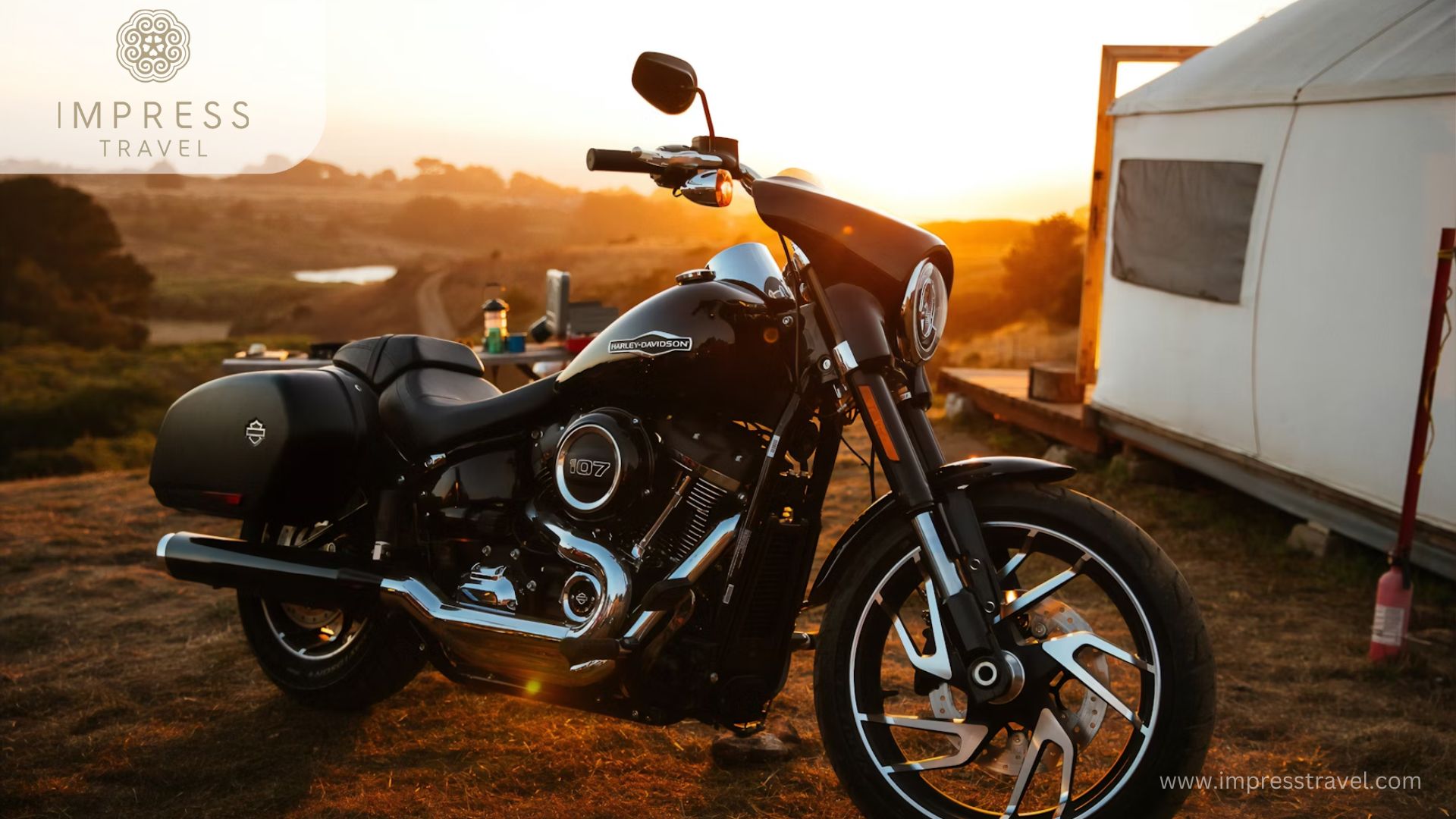
Motorbike
Description: Motorbike theft is common, especially with rented bikes. Thieves may steal bikes that are left unattended or improperly secured, often targeting popular tourist areas and parking lots.
How to avoid: Use secure parking lots and always lock your motorbike, preferably with a heavy-duty lock.
Avoid leaving your motorbike unattended for long periods, especially in less secure areas.
Consider renting from reputable companies that provide secure locks and parking options.
Use additional security measures like GPS trackers if available.
Hotel Scams
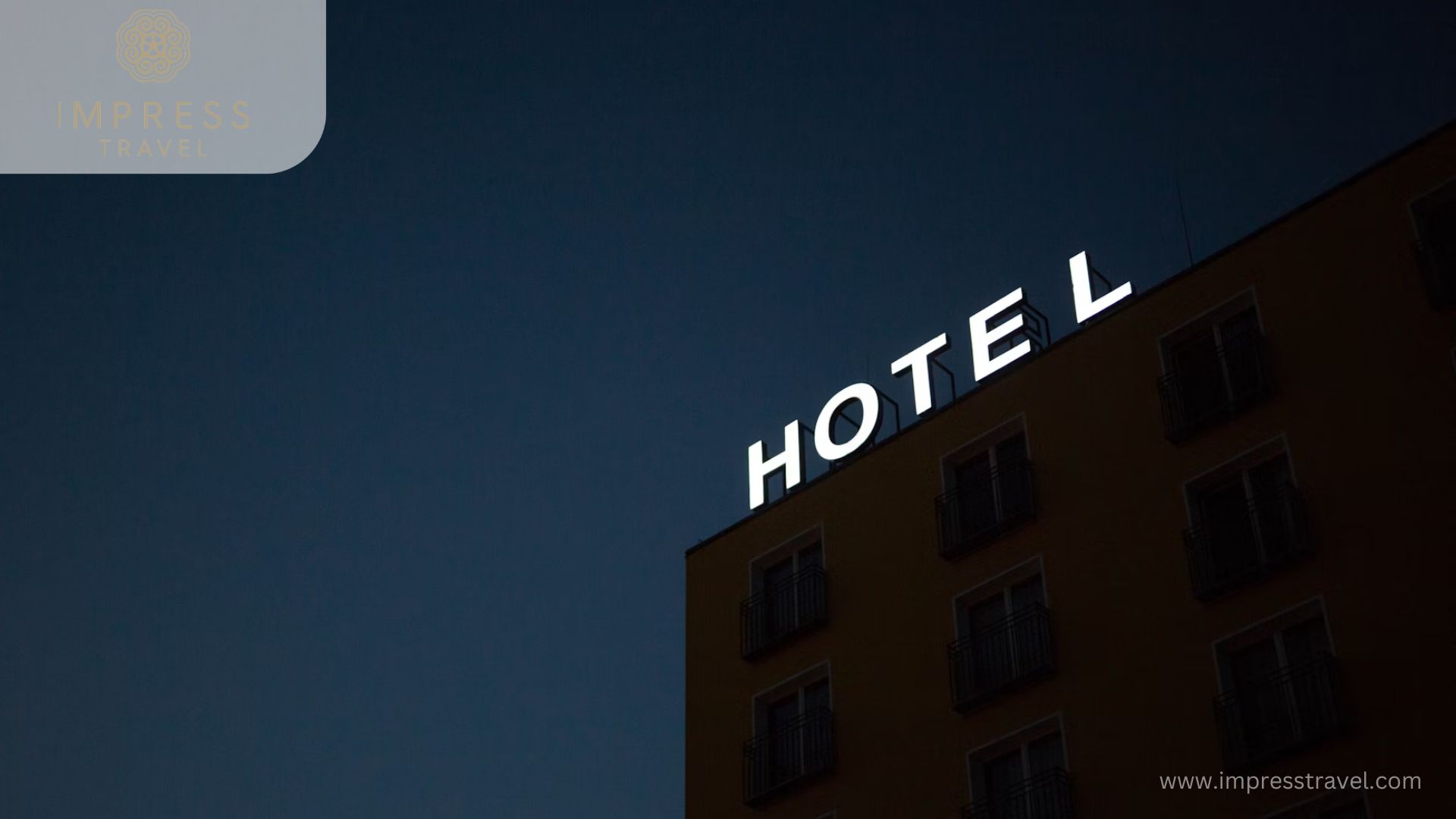
Hotel Scam
Description: Theft from hotel rooms can occur, particularly in budget accommodations or less secure establishments. Valuables left in plain sight or unsecured may be at risk.
How to avoid: Check reviews on platforms like TripAdvisor or Booking.com to get an idea of previous guests’ experiences. Look for patterns in complaints.
Double-check the booking details, including all charges and services, before confirming your reservation. Contact the hotel directly if you have any doubts.
Fake Goods and Overpricing
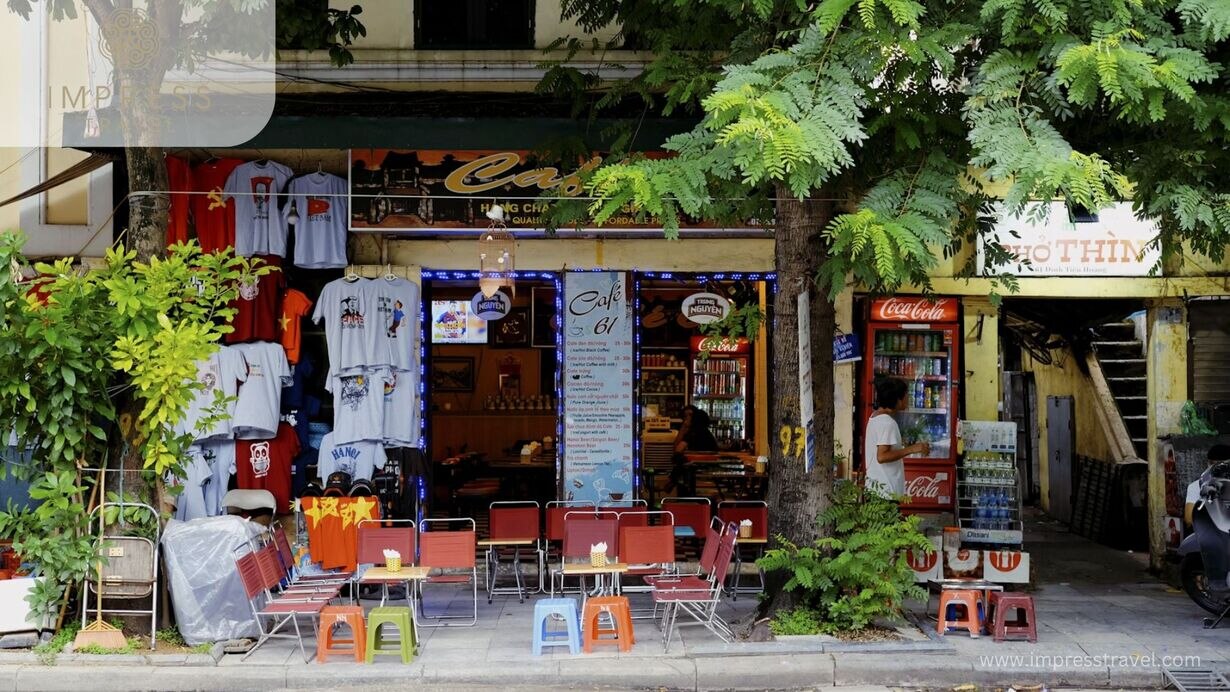
Caution in buying
Description: Tourists might be sold fake goods or receive counterfeit money as change, especially in busy markets or from street vendors. This can include fake brand-name items, low-quality souvenirs, or counterfeit currency. Some vendors may overcharge tourists for food, souvenirs, or services, exploiting their unfamiliarity with local prices.
How to avoid: When purchasing souvenirs, do some research to identify trustworthy shops or market stalls. Pay in local currency (Vietnamese Dong) to avoid unfavorable exchange rates that some vendors might apply when accepting foreign currency.
Always ask for the price before purchasing or ordering food. This helps avoid surprises when it’s time to pay. Bargaining is common in Vietnam, so feel free to negotiate the price. Do so politely and respectfully, as aggressive bargaining can lead to negative interactions.
Hotel and Accommodation Theft
Description: Theft from hotel rooms can occur, particularly in budget accommodations or less secure establishments. Valuables left in plain sight or unsecured may be at risk.
How to avoid: Always store your valuables such as passports, cash, credit cards, electronics, and important documents in the hotel safe. If your room does not have a safe, ask if there is a secure safe available at the front desk.
Ensure that the safe is properly secured to a wall or another fixed object and cannot be easily removed.
When you leave your room, even if it’s just for a short period, lock your luggage to prevent easy access to your belongings. Use TSA-approved locks or other high-quality luggage locks.
Consider using tamper-evident luggage straps or seals as an additional deterrent.
Research and select accommodations with positive security reviews. Look for hotels or hostels that have a reputation for good security practices, including 24-hour front desk service, secure entry systems, and surveillance cameras.
Mid-range or higher-end hotels often offer better security measures compared to budget options. These can include in-room safes, electronic key card access, and security personnel.
Always ensure your room door is securely locked when you leave and when you are inside. Use additional locking mechanisms such as door wedges, portable locks, or deadbolts if available.
If your room has a balcony or windows that can be accessed from the outside, make sure they are securely locked as well.
If you notice any suspicious behavior or individuals loitering around the hotel or near your room, report it to the hotel staff immediately.
Hotel staff can take action to investigate the situation and potentially prevent theft before it occurs.
Notes and General Safety Tips
Familiarize yourself with local laws and customs to avoid inadvertently breaking the law or offending local sensibilities. Understanding and respecting local customs can prevent misunderstandings and negative interactions with locals. Learn a few basic Vietnamese phrases; locals appreciate when tourists make an effort to speak their language.
Before you travel, research the current safety situation and common tourist scams in Hanoi. Local travel forums and recent reviews can provide valuable insights. Keep up-to-date with local news and advisories related to safety and security. This can include weather warnings, political unrest, or health advisories.
If you go out at night, stay in well-lit and populated areas. Avoid accepting drinks from strangers, and always keep an eye on your drink to prevent spiking. Stick to reputable bars and clubs.
Be mindful of food and water safety. Stick to bottled water and be cautious with street food to avoid foodborne illnesses. Familiarize yourself with local healthcare options in case of an emergency. Carry hand sanitizer and use it frequently, especially before eating. If you have food allergies or dietary restrictions, communicate them clearly to restaurant staff.
Always ask for permission before taking photos of people, especially in rural areas. Some locals may feel uncomfortable or offended if photographed without consent.
In religious sites and rural areas, dress modestly. Cover your shoulders and knees out of respect for local customs.
While not mandatory, tipping for good service is appreciated. In restaurants, a tip of 5-10% of the bill is common.
Emergency Contacts: Keep a list of emergency contacts, including local police, your country’s embassy or consulate, and your accommodation’s contact information.
Insurance: Consider travel insurance that covers theft, medical emergencies, and trip cancellations. Ensure your insurance policy covers all planned activities.
Group Tours: Joining group tours, especially when visiting less populated or unfamiliar areas, can provide added security and the guidance of a knowledgeable tour leader.
Keep Copies: Make copies of important documents such as your passport, visa, and travel insurance policy. Store these copies separately from the originals and consider keeping digital backups as well.
Remember Vietnamese emergency contacts
Police: Dial 113 for emergency assistance.
Ambulance: Dial 115 for medical emergencies.
Fire Department: Dial 114 in case of fire.
Tourist Police: Available in major tourist areas to assist visitors with safety concerns.
Embassy: Keep contact information for your country’s embassy or consulate in case you need assistance.
By staying aware and taking these precautions, you can significantly reduce the risk of encountering crime during your visit to Hanoi and enjoy your trip more comfortably.
Hanoi is a relatively safe city for tourists, offering a rich cultural experience with minimal risks. By staying vigilant, protecting your belongings, choosing transportation wisely, and respecting local customs, you can significantly reduce the likelihood of encountering problems. Enjoy your visit to this fascinating city with confidence, knowing that a few simple precautions can help ensure a safe and memorable trip.
Don’t forget to regularly follow our Facebook page and Website for more interesting information about traveling to Hanoi and to book Hanoi tours at the best prices.





